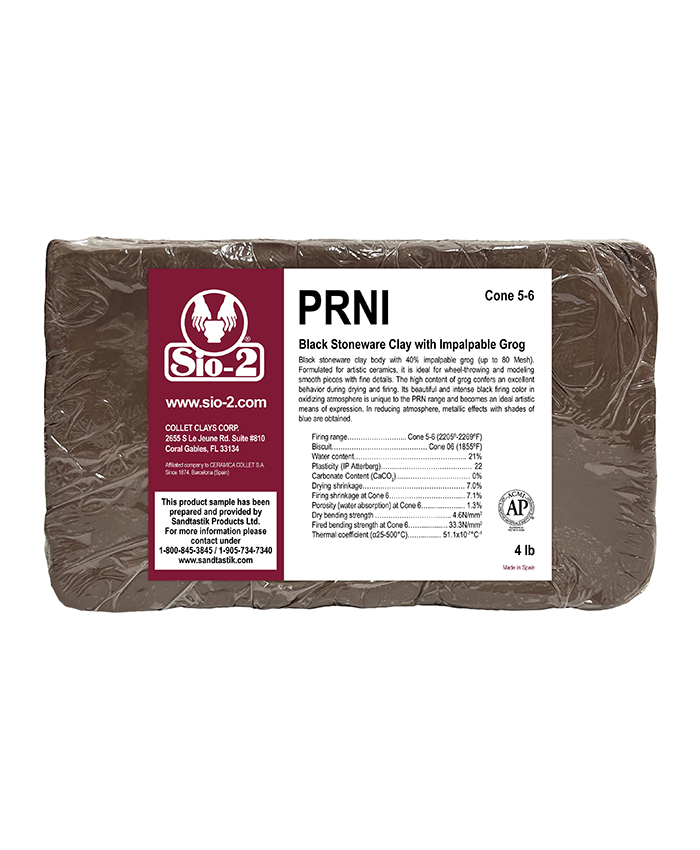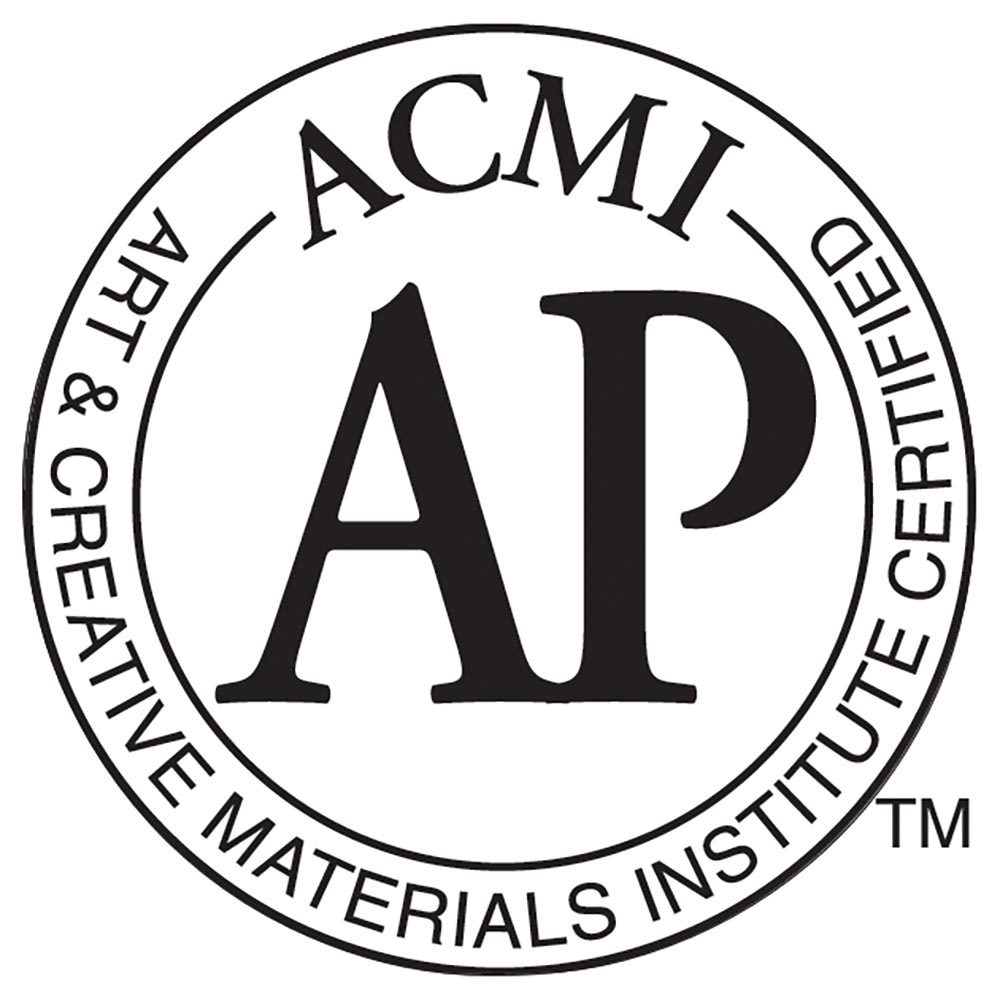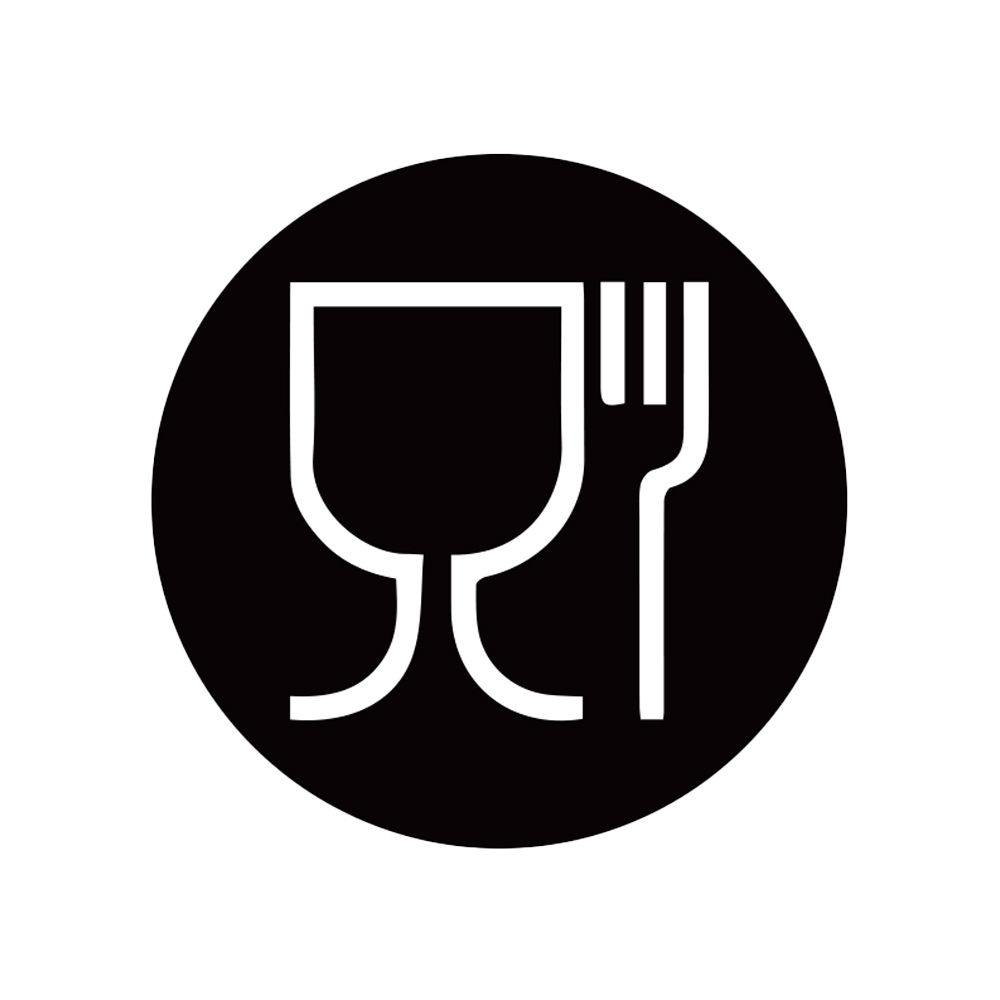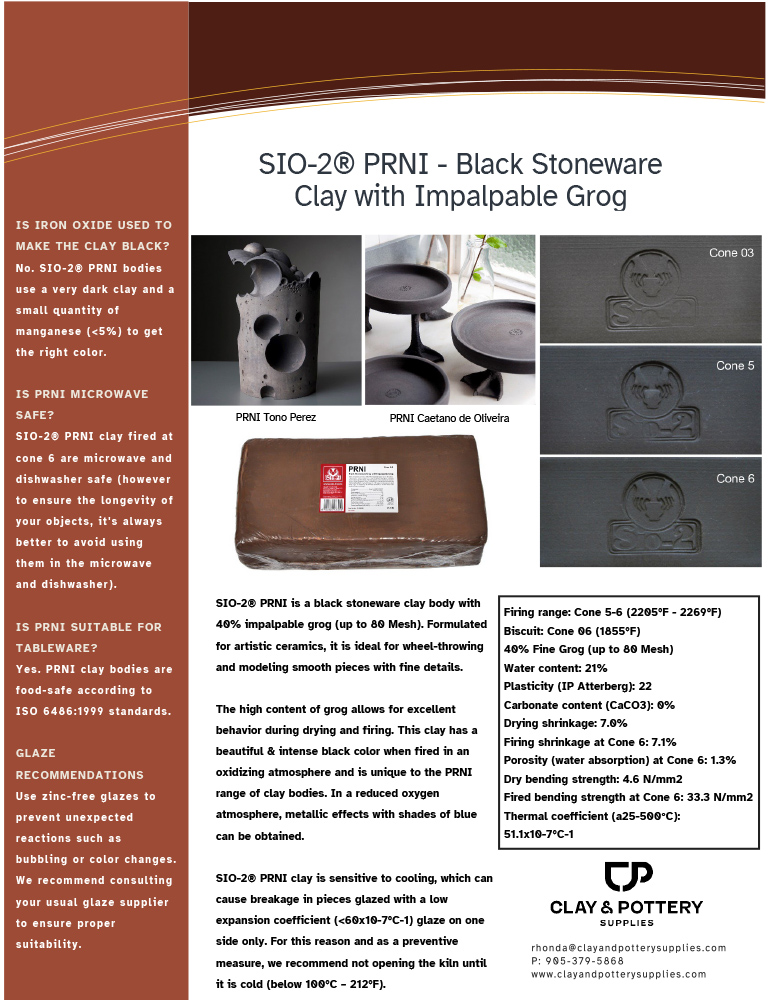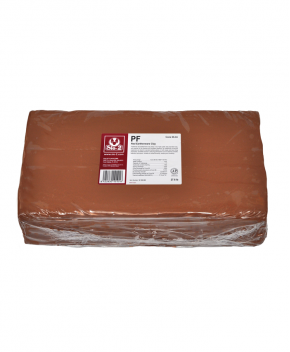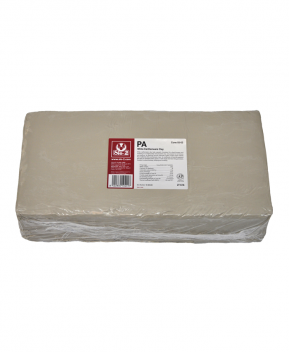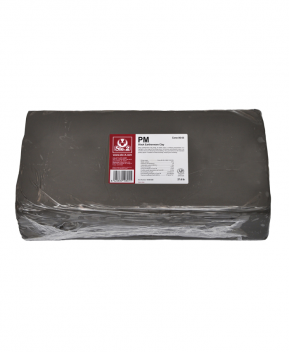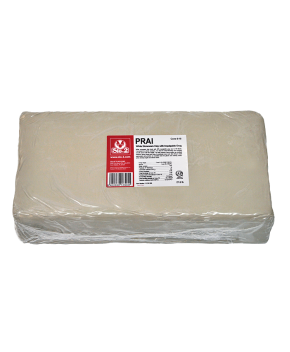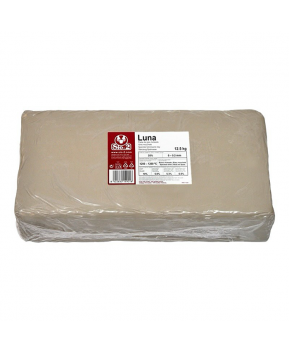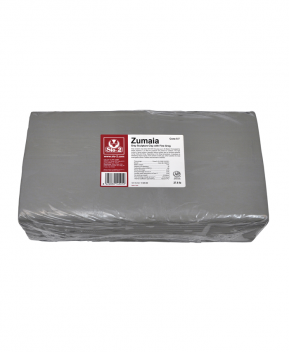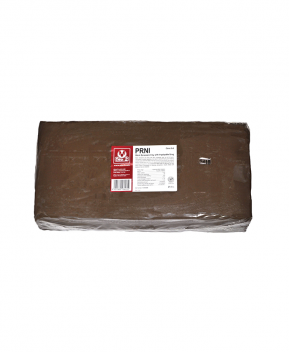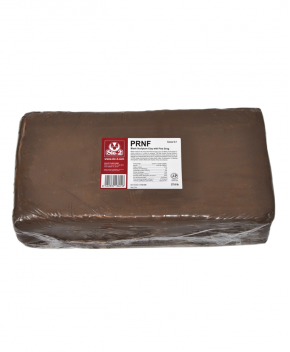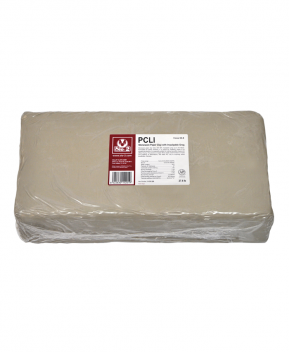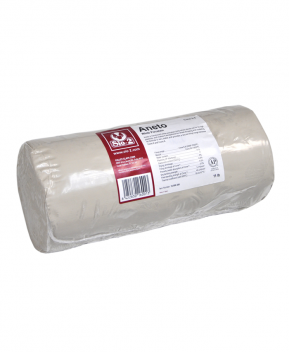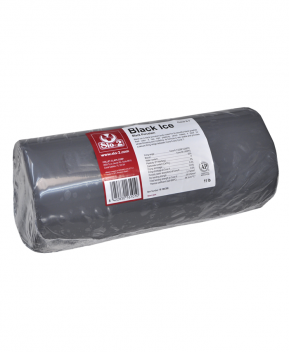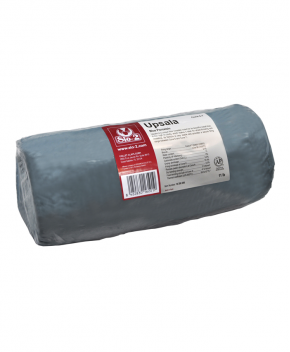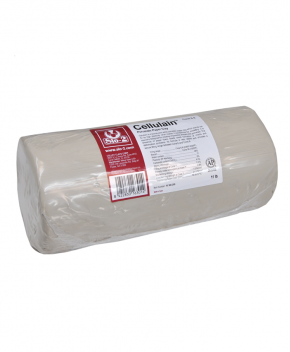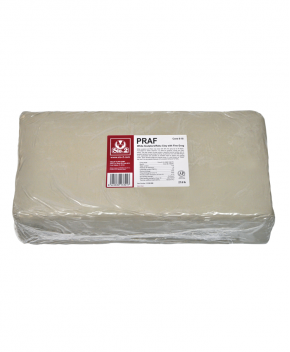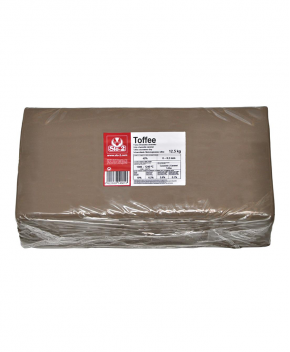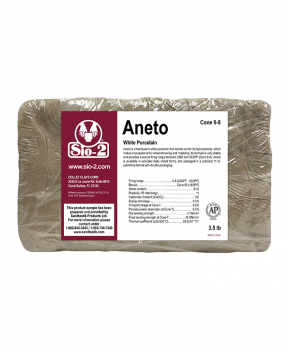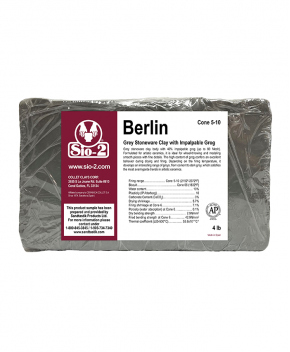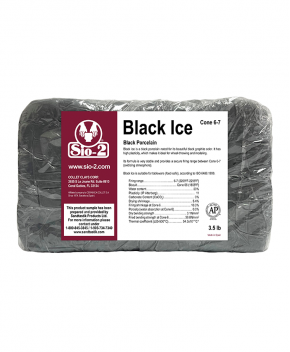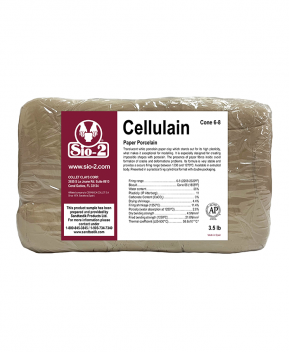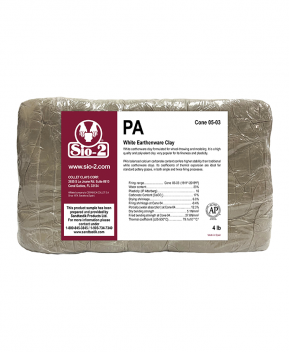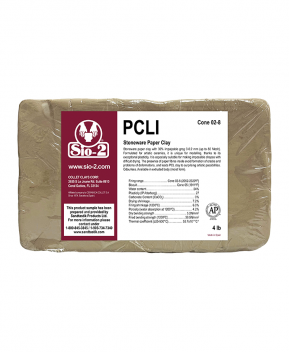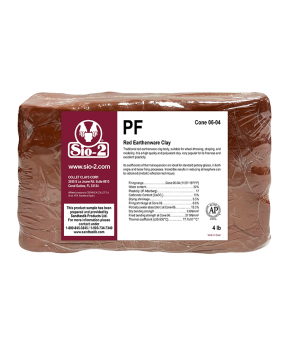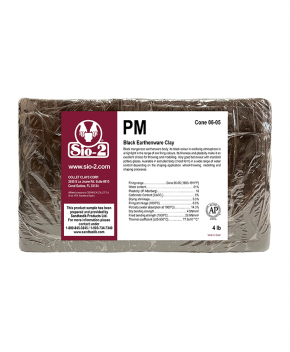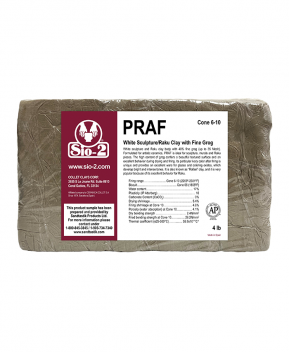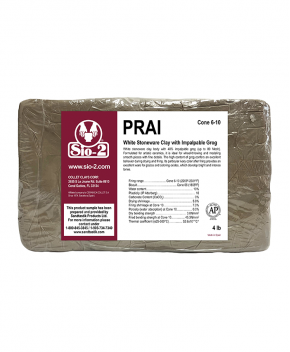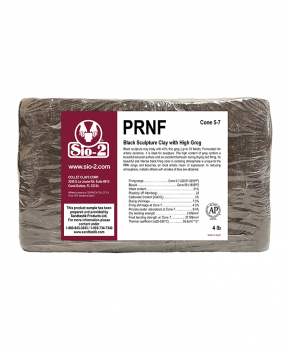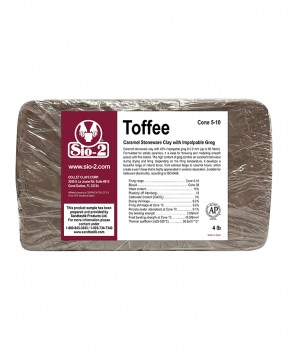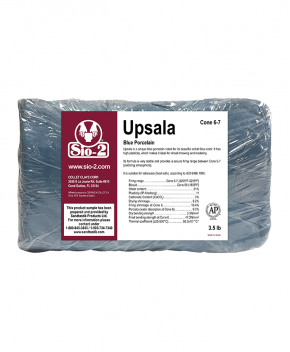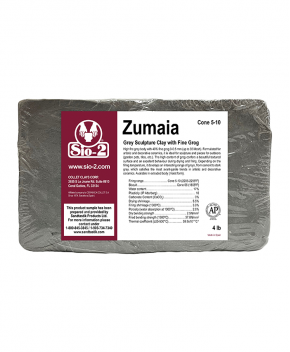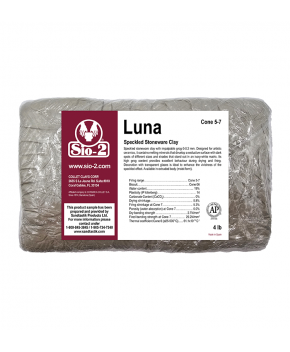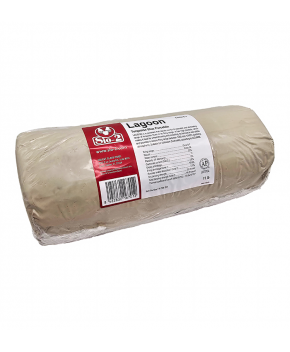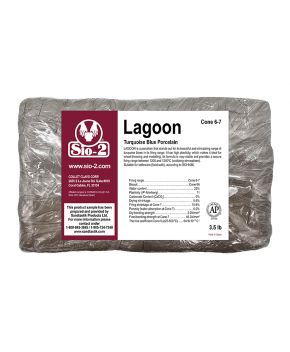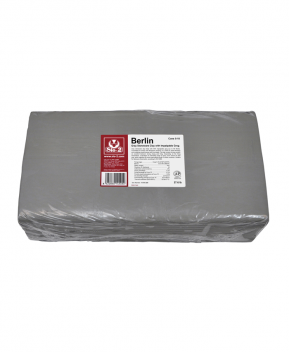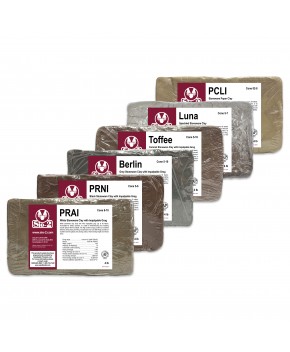SIO-2® PRNI Black Stoneware High Fire Ceramic Clay Body, 4 lb Sample
$7.95USD
In Stock
- Brand: SIO-2®
- Model #: SIO2-PRNI-BLACK-4
Most products ship within 1 business day. Learn More
SIO-2® PRNI Black Stoneware High Fire Ceramic Clay Body, 4 lb Sample
Black stoneware clay with 40% impalpable grog 0-0.2 mm (up to 80 Mesh). Formulated for artistic ceramics, it is ideal for wheel-throwing and modelling smooth pieces with fine details. The high content of grog confers an excellent behaviour during drying and firing. Its beautiful and intense black firing colour in oxidising atmosphere is very exclusive of PRN range and becomes an ideal artistic mean of expression. In reducing atmosphere, metallic effects with shades of blue are obtained. Suitable for tableware (food-safe), according to ISO 6486. Available in a convenient 4 lb size for smaller projects, or those who want to test and see if this is the clay for them.
NOTE: PRNI Clay contains no iron and is microwave safe after firing!
TECHNICAL SPECIFICATIONS:
Firing range: 2205-2269°F / Cone 5-6
Biscuit temperature: 1855°F / Cone 06
Water content: 21%
Plasticity (IP Atterberg): 19
Carbonate content (CaCO3): 0%
Drying shrinkage: 8.2%
Firing shrinkage at Cone 6: 5.4%
Porosity at Cone 6: 4.0%
Dry bending strength: 5.9 N/mm2
Fired bending strength at Cone 6: 51.4 N/mm2
Thermal coefficient (α25-500°C): 63.8x10-7°C-1
Firing range: 1200-1240ºC / Cone 5-6
Biscuit temperature: 1000ºC / Cone 06
Water content: 21%
Plasticity (IP Atterberg): 19
Carbonate content (CaCO3): 0%
Drying shrinkage: 8.2%
Firing shrinkage 1240ºC: 5.4%
Porosity (water absorption) 1240ºC: 4.0%
Dry bending strength: 5.9 N/mm2
Fired bending strength 1240ºC: 51.4 N/mm2
Thermal coefficient 1240ºC (25-500ºC): 63.8x10^-7ºC^-1
Recommendations for use with glazes: Use zinc-free (Zn-free) glazes to prevent from unexpected reactions such as bubbling or color changes. Other elements that can react are zirconium (Zr) and tin (Sn). We recommend consulting your usual glaze supplier to ensure proper suitability with this ceramic clay body.
Do not use glazes with a low coefficient of thermal expansion (a25-300ºC <60x10-7ºC-1). The PRN clay fired at high temperature has a high coefficient of thermal expansion in the range of 100 to 200ºC, which causes tensions between the glaze and the support, mainly in pieces glazed on one side only, which can cause breakage during cooling in the kiln or even later (for example, when pouring hot water inside). Check with your usual glaze supplier to ensure that you use glazes with a medium-high coefficient of thermal expansion (a25-300ºC >60x10-7ºC-1).
Storage: Protect ceramic clay bodies from direct sunlight, avoiding excessive temperature changes and protect from frost.
Use: Technical details are available with information on the characteristics of each product and its use. It is recommended to test clay body prior to large scale use in order to verify suitability in both the ceramic process (shaping, drying, firing and decoration) and the final application that is expected to be obtained.
Safety: All SIO-2® clay bodies are certified by the Art & Creative Materials Institute (ACMI) and conform to ASTM D-4236 safety guidelines.
From the manufacturer of SIO-2®:
CERAMICA COLLET S.A.
Always in your hands
Founded in 1874, our company manufactures ceramic clay bodies for industry, pottery and artistic ceramics, and natural clay for crafts, fine arts and education.
Our target is to innovate, developing products made with natural clay which, in many applications, satisfy the high requirements of our customers. Our Quality System, certified according to ISO 9001:2008, is the setting for continuous improvement. Social responsibility, respect, and care for the Environment are two fundamental points in the philosophy of our firm.
The AP Seal identifies art materials that are safe and certified in a toxicological evaluation by a medical expert to contain no materials in sufficient quantities to be toxic or injurious to humans, including children, or to cause acute or chronic health problems. Children in grade six and lower, and adults who may not be able to read and understand safety labeling should use only non-toxic materials. The AP Seal ensures products are non-toxic when used as intended for young children, the physically or mentally handicapped, and any persons who cannot read or understand the safety labeling on product packages.
“Food Safe” is a regulation and is defined by the Compliance Policy Guide, which is maintained by the FDA and only applies to lead and cadmium release. For example, “Food Safe” may refer to a glaze in its final, fired state. If a product has a food safe designation, it has gone through testing and passed industry standards for food safety when used according manufacturer’s direction. Finishedware producers bear responsibility for food safe testing their ware being sold into commerce.

